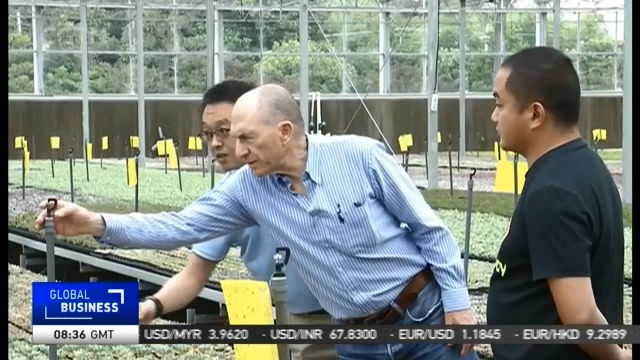
17:00, 16-May-2018
Doing Business in China: Gov't moves to improve market access, IP protection
01:39

China is betting on easier market access and beefing up intellectual property protection to attract more foreign investors. Let's take a look.
The Israel-Asia Chamber of Commerce opened its first office in China's Jiangsu province in early March. More than a dozen projects have been set up since then. The organization attributes the fast expansion to the province's sound industrial base and favourable business conditions.
HUANG YONG, DIR. DEPT. OF INT'L COOPERATION, NDRC "China had been heavily dependent on preferential policies to draw overseas investors in the past. But now we are shifting toward improving business conditions, such as expanding market access and upgrading public services."
Another key area that the central government is focusing on is intellectual property protection. Guangdong is one of China's main GDP contributors and it has established institutions to deal with IP-related issues in such fast-expanding sectors as IT and biotech. China is also revising its IP regulations to bring them in line with international rules.
Commerce Ministry data shows that over 14 thousand foreign-invested firms were established in the first quarter of this year. That was up 125 percent from 2017. The foreign direct investment also climbed to 230 billion yuan. China is also planning to complete its foreign investment negative list in the first half of this year.
XU HONGCAI, ECONOMIST CHINA CENTER FOR INT'L ECONOMIC EXCHANGES "China unveiled a series of policies this year to ease market excess and create more opportunities for foreign investors. China is also committed to joining other nations in creating a global economy that's balanced, inclusive and mutually beneficial."

SITEMAP
Copyright © 2018 CGTN. Beijing ICP prepared NO.16065310-3
Copyright © 2018 CGTN. Beijing ICP prepared NO.16065310-3